Apple iCloud: need to know
Apple has finally unveiled its consumer-focussed cloud computing service, iCloud. Is there anything to interest businesses? We take an overview of what we can expect.
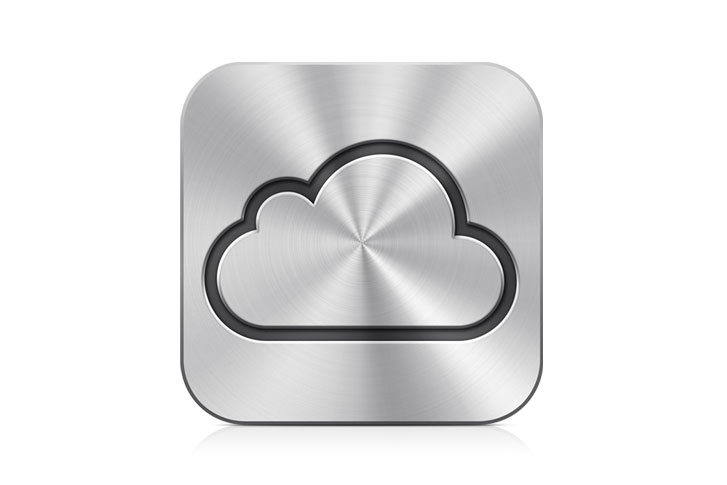
Apple isn't known for its market-leading cloud services. MobileMe, the company's last attempt, was better known for its reliability problems which CEO Steve Jobs tacitly acknowledged in his keynote introduction of iCloud. The new cloud service is still consumer-oriented and shares some of the same features as MobileMe, but there's still some items of interest for businesses.
So what is iCloud?
iCloud stores your calendars, contacts, emails, documents and photos on Apple's servers. This content is then automatically pushed to your Mac/PC and all your iOS 5 devices. If a change is made on one device, such as a new calendar entry on your iPhone 4, this new information will automatically appear on all your other devices.
5GB will be provided free for storing emails, documents and backups of your iOS device settings.
5GB will be provided free for storing emails, documents and backups of your iOS device settings. More storage will be available for a fee, the details of which have yet to be announced, but you can synchronise books and music bought from iBooks and iTunes, as well as your photos, without those files using up the free 5GB.
Emails from Apple's no-fee, ad-free me.com email service will also be synchronised as part of iCloud.
iCloud will be built into new versions of the existing iOS Mail, Calendar and the Contacts/Phone apps. Documents can be accessed using a new Documents in the Cloud app, as well as the paid-for iWork apps. It's unclear whether third-party apps will be able to access iCloud services, especially Documents in the Cloud.
Get the ITPro daily newsletter
Sign up today and you will receive a free copy of our Future Focus 2025 report - the leading guidance on AI, cybersecurity and other IT challenges as per 700+ senior executives
iCloud doesn't sound very different from Google Apps.
Some of iCloud's features match much of what Google Apps does already, such as synchronised contacts and calendars as well as push emails. There are some features that are unique to iCloud though.
Photos and videos recorded on your iOS device, as well as texts, ringtones, iOS and app settings, will be automatically backed up to iCloud. The backup process will occur whenever the iOS device is being charged.
Photo Stream, as Apple calls it, will store your most recent 1000 photos in the cloud for 30 days. The uploads will occur automatically. Macs and PCs will store all of your photos permanently (in either iPhoto on a Mac or the Pictures folder on Windows), but on iOS devices photos will have to be moved to an album to be saved permanently.
-
 Bigger salaries, more burnout: Is the CISO role in crisis?
Bigger salaries, more burnout: Is the CISO role in crisis?In-depth CISOs are more stressed than ever before – but why is this and what can be done?
By Kate O'Flaherty Published
-
 Cheap cyber crime kits can be bought on the dark web for less than $25
Cheap cyber crime kits can be bought on the dark web for less than $25News Research from NordVPN shows phishing kits are now widely available on the dark web and via messaging apps like Telegram, and are often selling for less than $25.
By Emma Woollacott Published
-
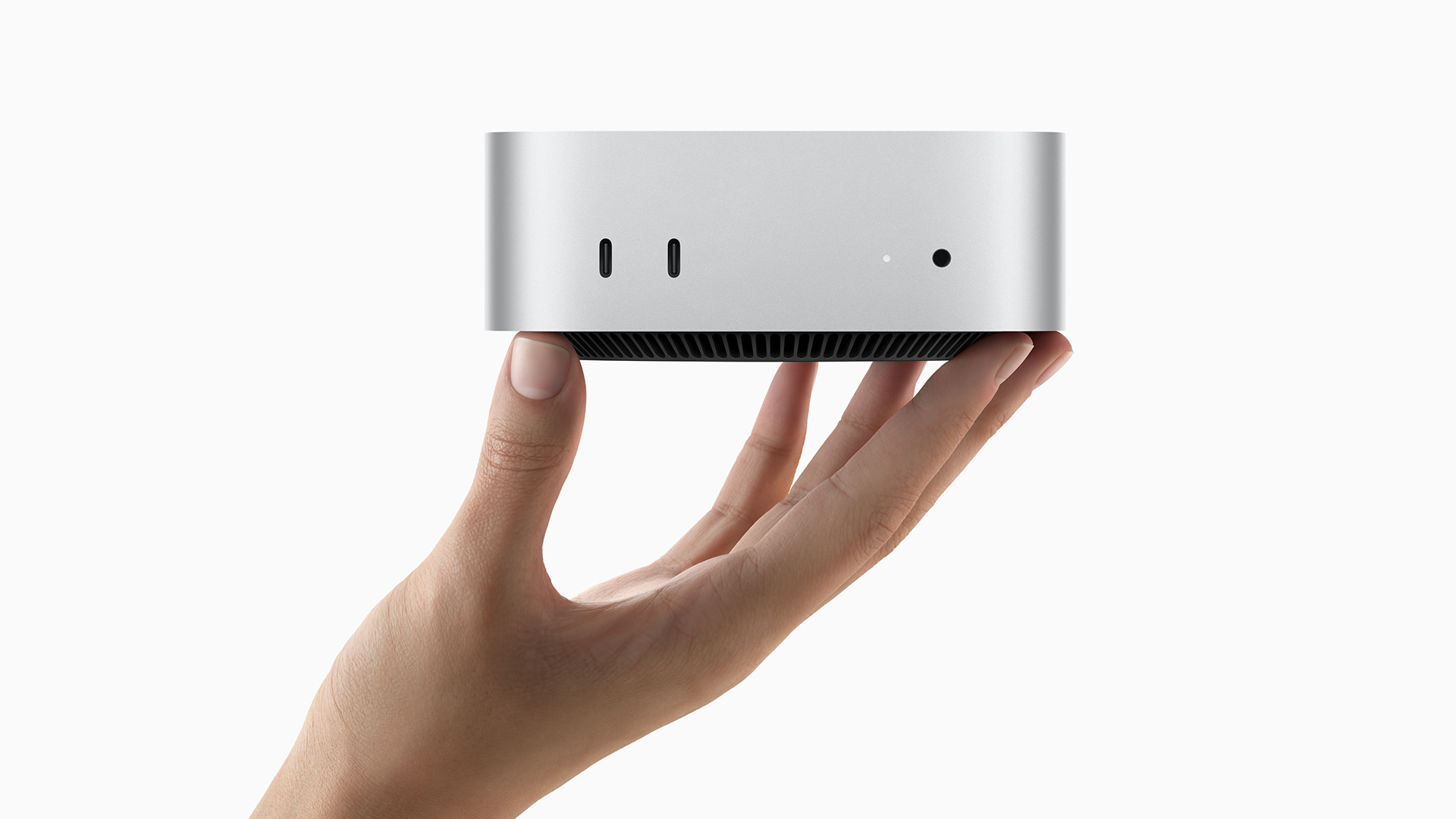 Apple’s ‘carbon neutral’ Mac Mini is small and compact, but packs a mighty punch with the new M4 chips
Apple’s ‘carbon neutral’ Mac Mini is small and compact, but packs a mighty punch with the new M4 chipsNews With a pint-sized footprint only half the size of its M2 predecessor, the M4 and M4 Pro edition of the Mac Mini promises to bring an unprecedented size-to-performance ratio
By Solomon Klappholz Published
-
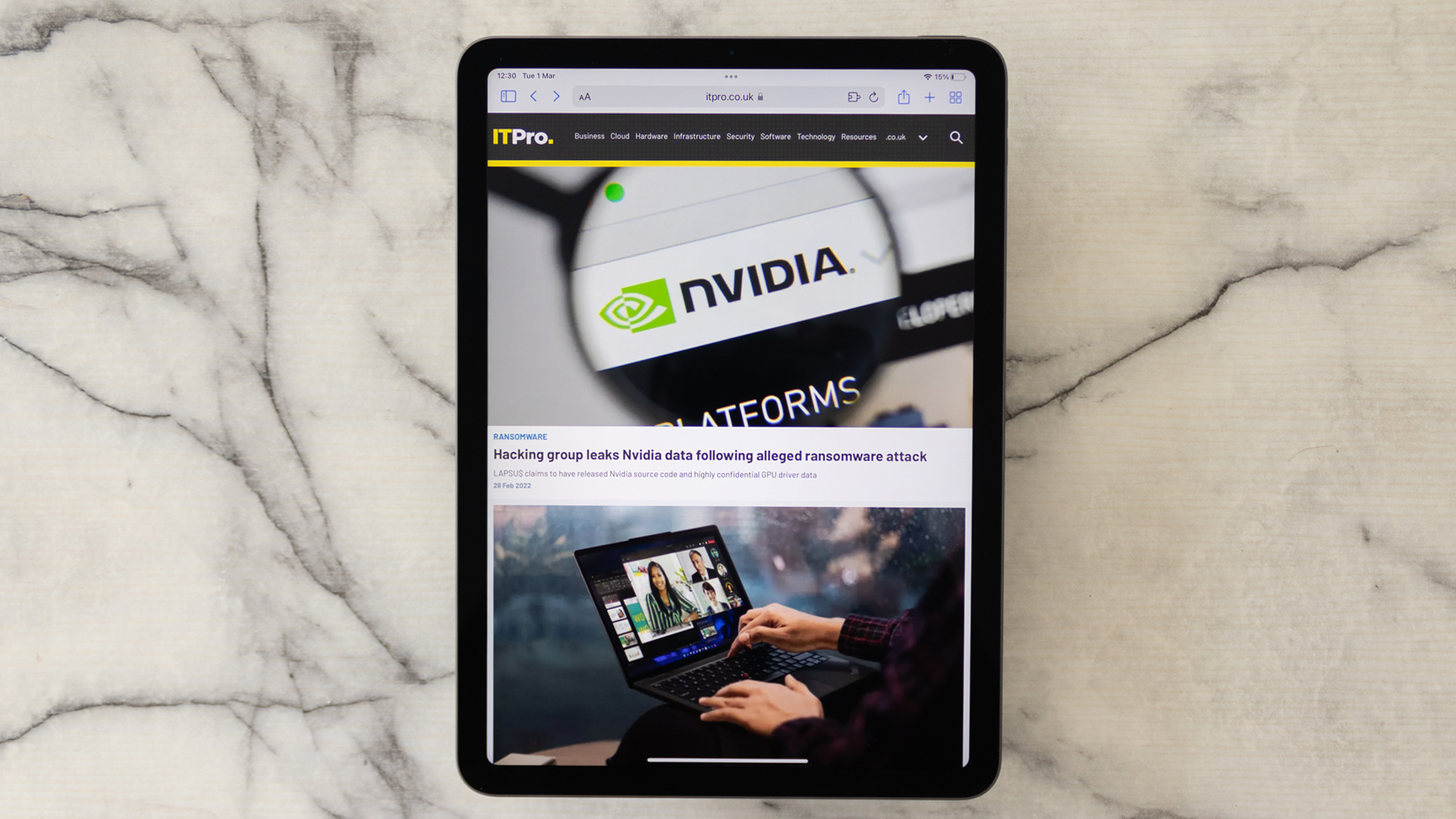 Apple iPad Air (2020) review: The executive’s choice
Apple iPad Air (2020) review: The executive’s choiceReviews With the iPad Air’s most recent redesign, Apple has delivered the best bang-for-buck tablet money can buy
By Connor Jones Published
-
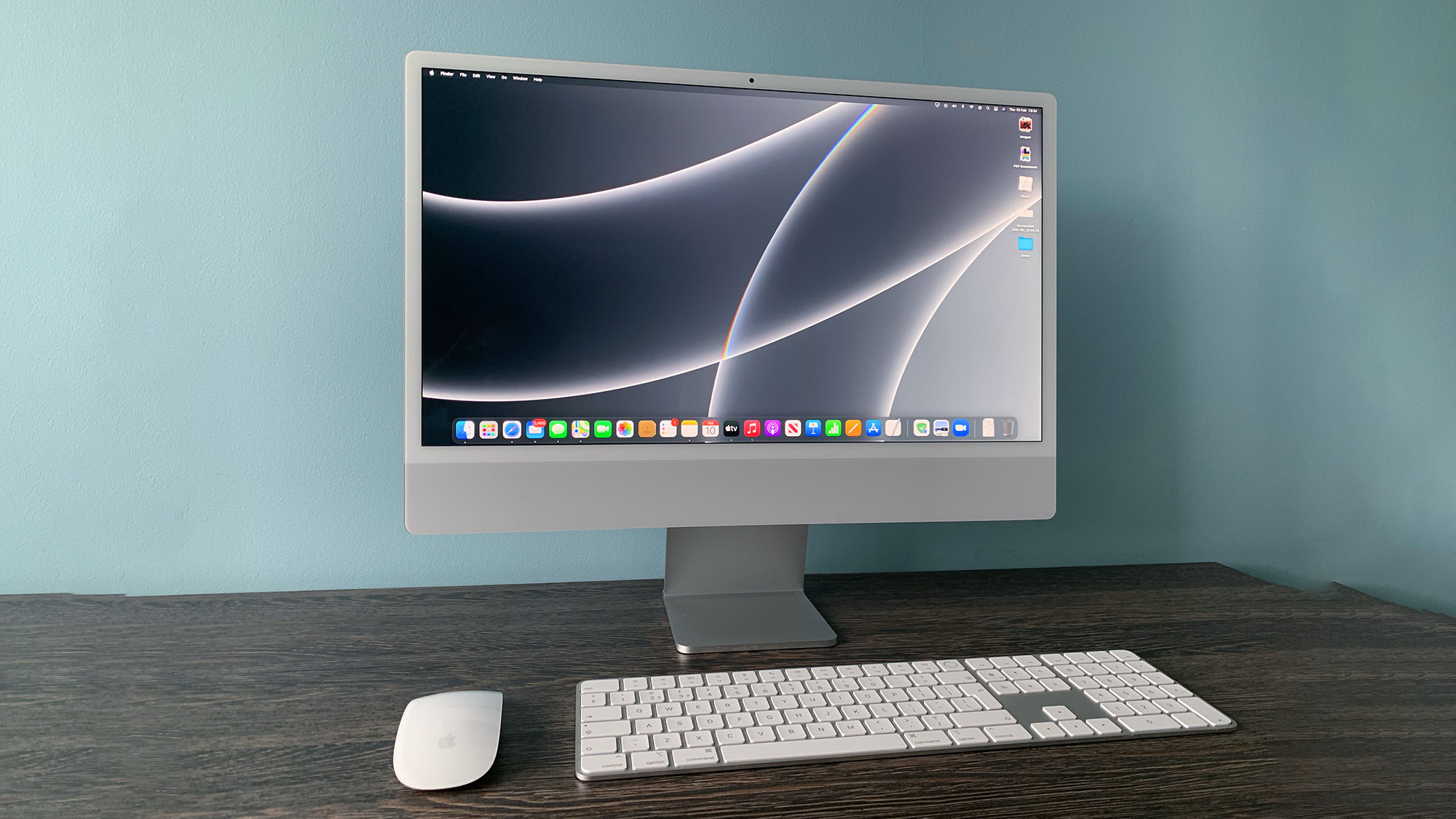
 Apple 24in iMac (Apple M1, 2021) review: Apple’s iconic desktop all-in-one, reborn
Apple 24in iMac (Apple M1, 2021) review: Apple’s iconic desktop all-in-one, rebornReviews The smaller iMac switches to Apple silicon and gains a completely new appearance
By Orestis Bastounis Published
-
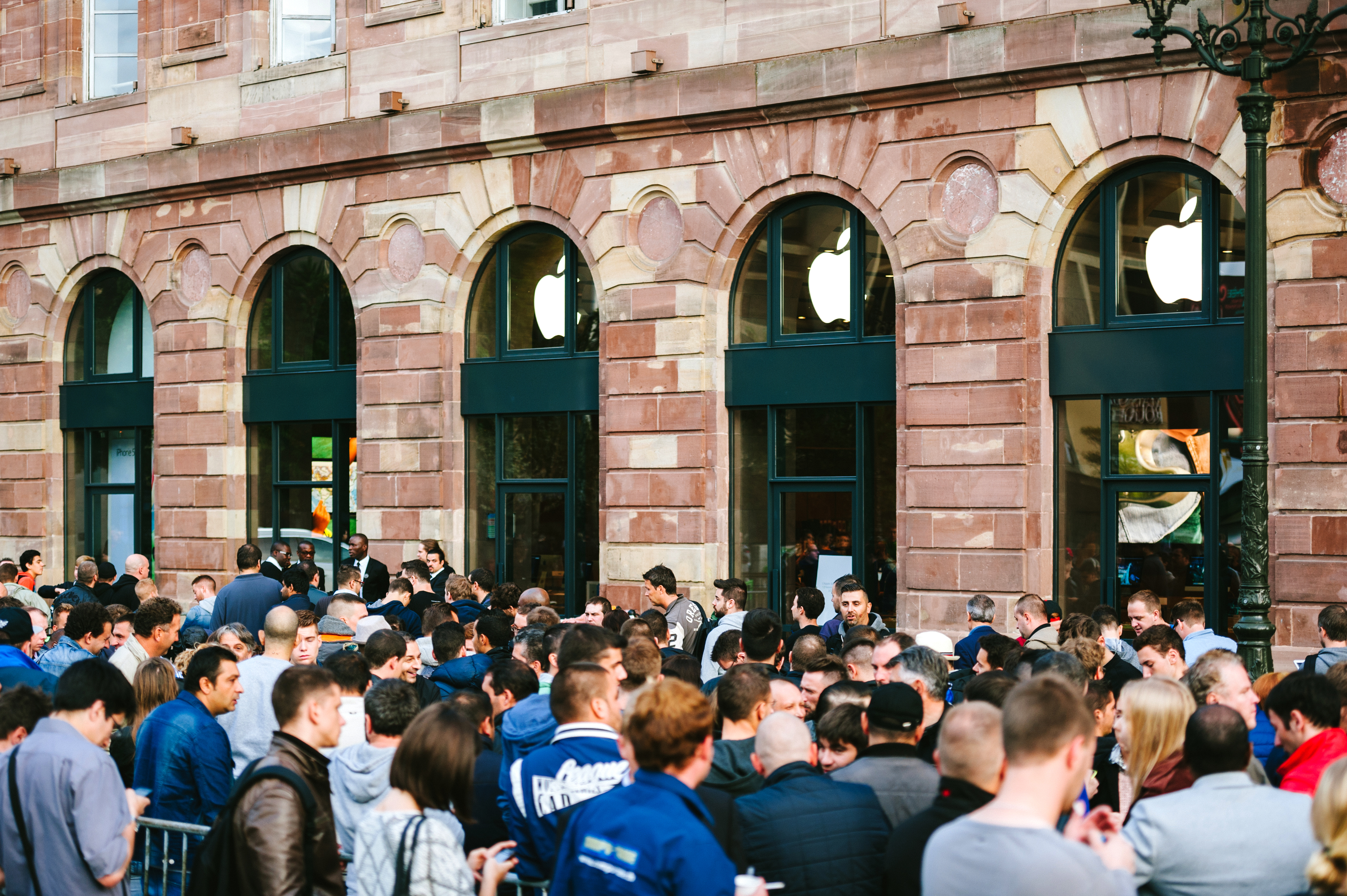 In praise of the early adopters
In praise of the early adoptersOpinion The IT industry needs early adopters like you – and tech that fell by the wayside should still be celebrated
By David Crookes Published
-
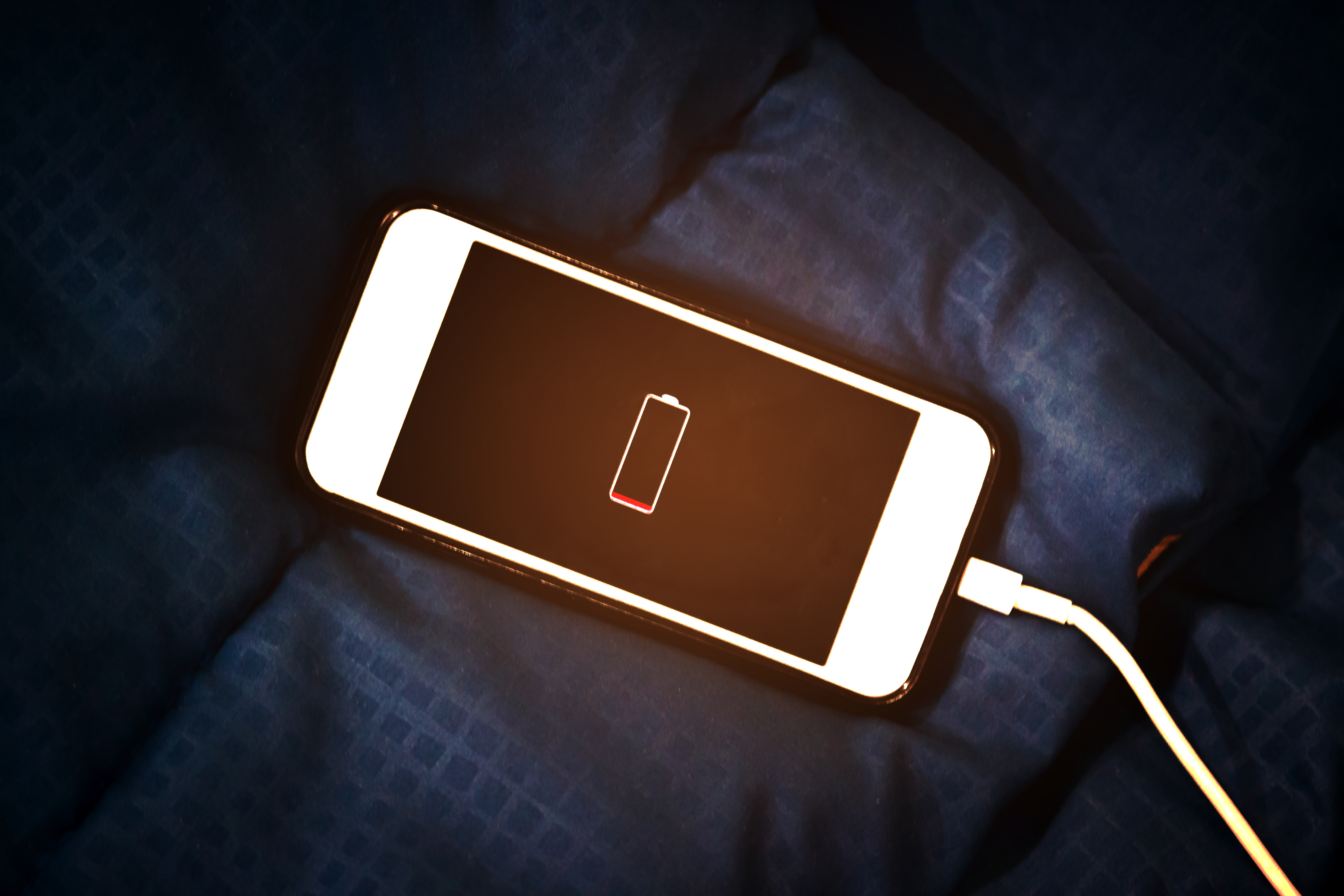 Apple is experimenting with attention sensors to save battery life
Apple is experimenting with attention sensors to save battery lifeNews Your next Apple device may shut down if you are not paying attention to it
By Justin Cupler Published
-
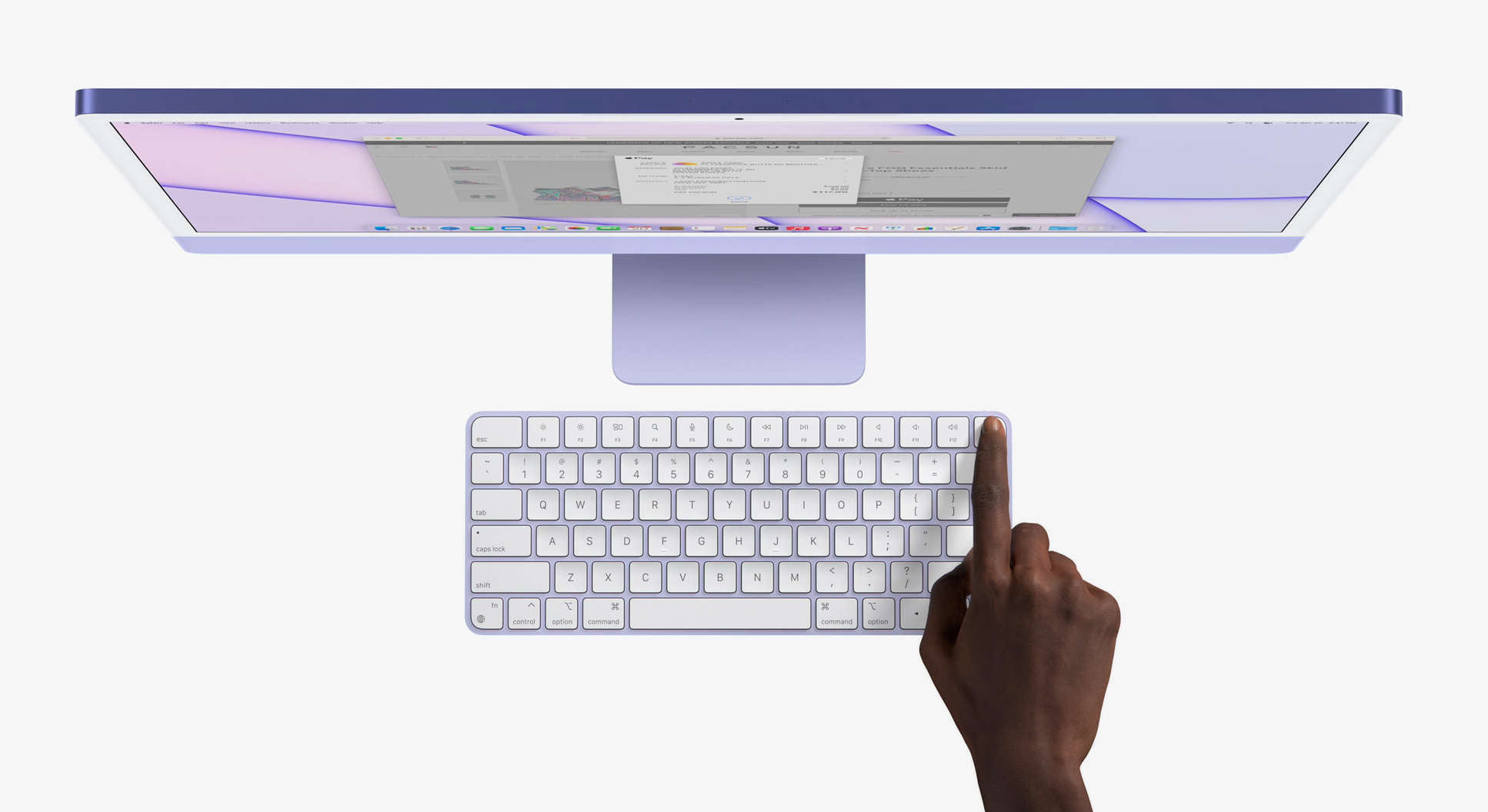 Apple unveils M1-powered iPad Pro and iMac at April 2021 event
Apple unveils M1-powered iPad Pro and iMac at April 2021 eventNews The new Apple Silicon hardware will be available to order from April 30
By Justin Cupler Published
-
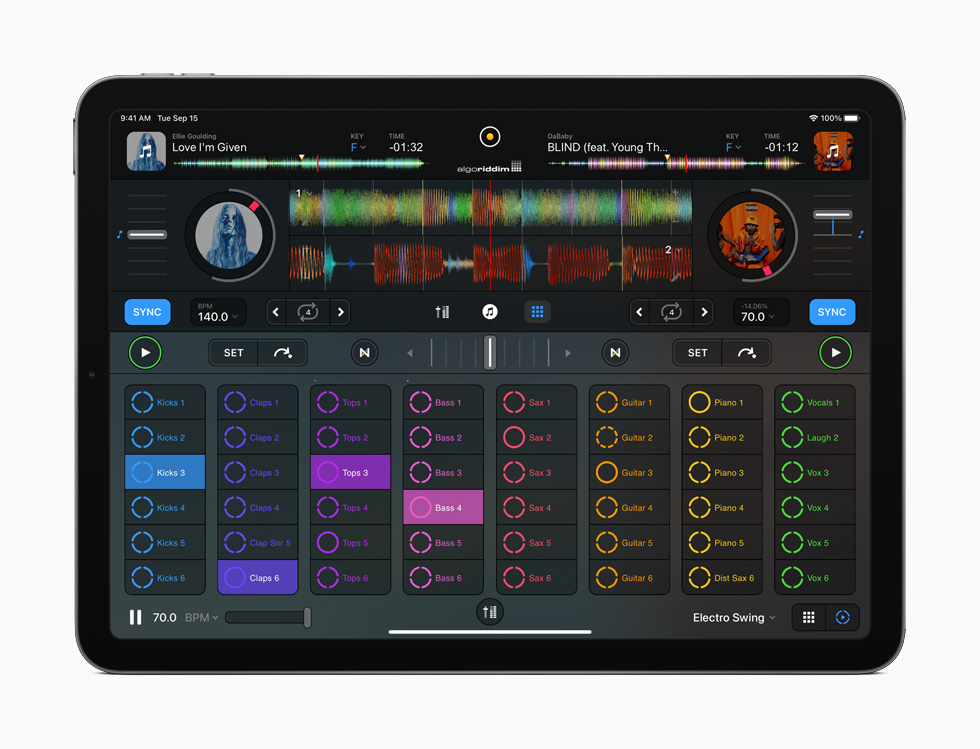 iPad Air 2020 debuts with A14 Bionic chip and USB-C
iPad Air 2020 debuts with A14 Bionic chip and USB-CNews Apple touts its latest flagship tablet as the “most powerful” iPad Air ever
By Sarah Brennan Published
-
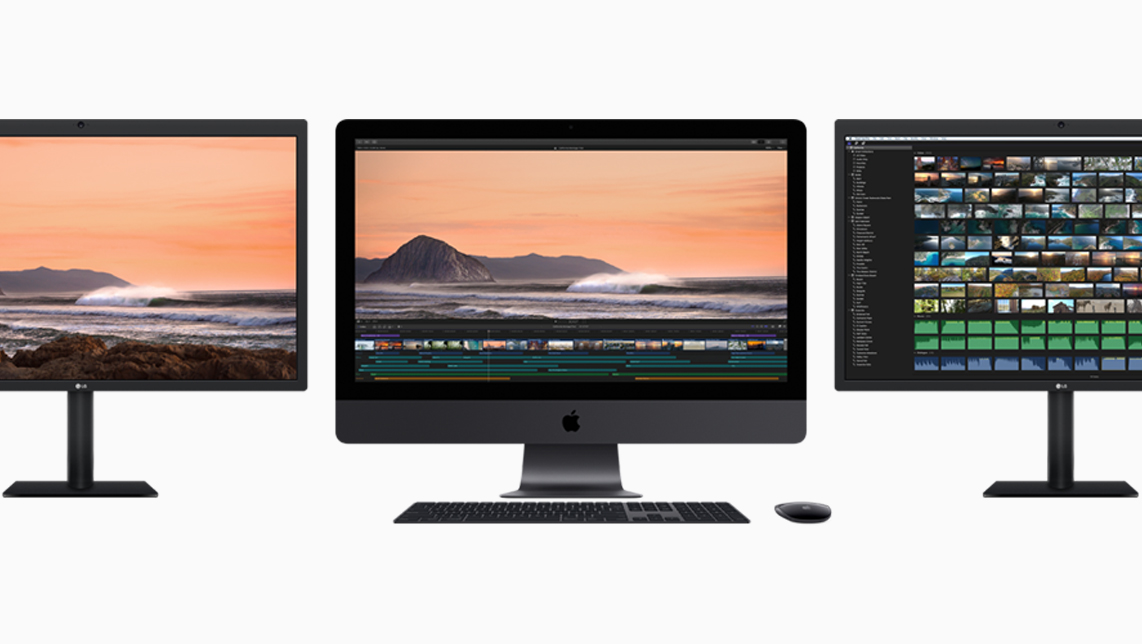
 Apple iMac Pro review: The return of the king
Apple iMac Pro review: The return of the kingReviews Apple regains its place as the big dog of enterprise workstations
By Adam Shepherd Published